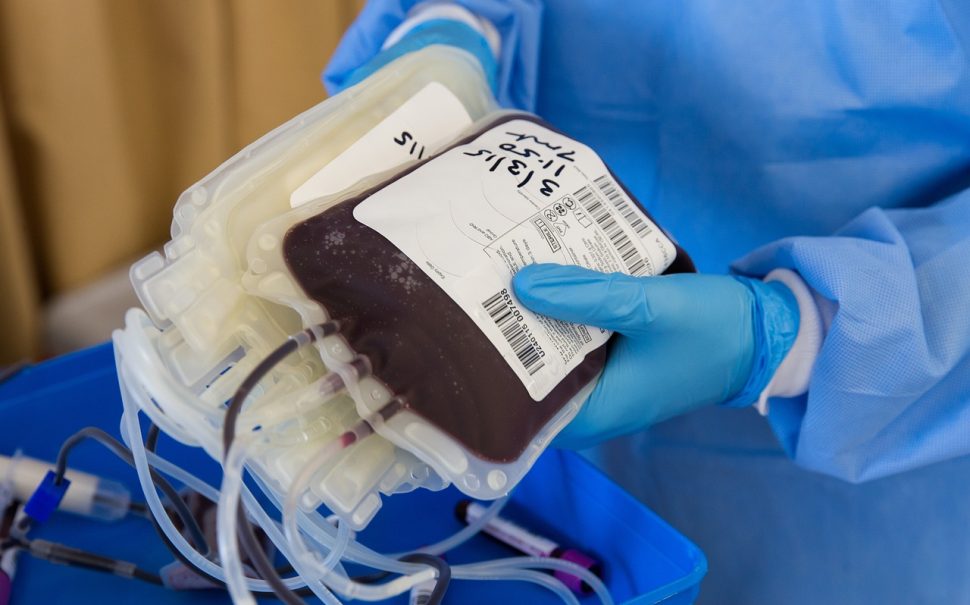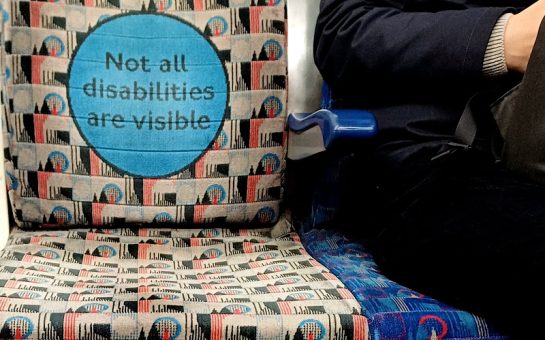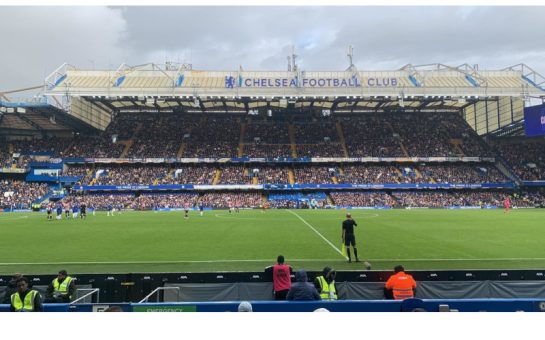Following a cyber-attack on London’s hospitals, the NHS is calling for O blood-type donors across England to urgently give blood.
Synnovis, a laboratory which processes NHS blood tests, was the victim of a cyberattack on June 3, reducing the number of tests it can process and report on.
Lynn Rusk, who first gave blood around 10 years ago, donated blood this week after learning about the NHS cyberattack.
She said: “You feel very good about yourself after donating blood, as you feel like you’ve done a good deed.
“I felt really grateful that I was healthy enough to be able to help make someone else healthy.”
She gave blood at the donation centre in St George’s Hospital, one of the hospitals affected by the cyberattack.
She encouraged others to donate blood, saying: “Definitely do it, as it’s such a lovely thing to do to be able to contribute to society and help out our wonderful NHS.”
Data from NHS Blood and Transplant shows this call for donations comes amidst a new low in the number of people in London registering for or giving a first blood donation.
Despite increases in the number of registrations and first donations in 2022-23 and 2021-22 respectively, both registrations and first donations fell overall since 2020.
The number of Londoners registering to give blood in 2023-24 was just over half of the number in 2020-21.
However, the number of first blood donations has only declined by around 11% in the same period.
Likewise, a recent YouGov survey of more than 4,000 adults indicates most Londoners have never donated blood.
Just under 60% of respondents from London said they had never given blood.
This matches the survey’s overall result, where the proportion of respondents across England, Scotland and Wales who had never given blood was 61%.
The lack of sufficient blood donations has compounded the problems faced by the NHS.
NHS London is working with NHS Blood and Transplant to provide more O-type blood donations, which do not require patients to take blood tests before transfusions.
Across Guy’s and St Thomas’ and King’s College Hospital NHS Foundation Trusts, 814 elective procedures, and 736 hospital outpatient appointments, were postponed.
NHS London’s medical director Dr Chris Streather said: “NHS teams are working flat out to see as many patients as possible.
“But there is no doubt the ransomware cyber-attack on Synnovis is having a significant impact on services in south east London.”
The attack has postponed hundreds of treatments and procedures, and Dr Streather apologised to everyone impacted, acknowledging that this is a distressing experience.
Despite these challenges, Jacqueline Totterdell, Group Chief Executive at St George’s, Epsom and St Helier Hospitals and Health Group, spoke highly of how NHS staff were responding.
She said: “This is where the NHS comes into its own.
“It’s only with the support of colleagues from other parts of the NHS who are supporting St George’s that we are able to step up and support others.”
Totterdell also thanked the NHS staff working to care for additional patients.
Likewise, in a statement published on Synnovis’ website, the company’s CEO Mark Dollar said: “We are incredibly sorry for the inconvenience and upset this is causing to patients, service users and anyone else affected.”
Londoners are advised to book blood donation appointments by visiting blood.co.uk or calling 0300 123 23 23.
Image by Ahmad Ardity from Pixabay





